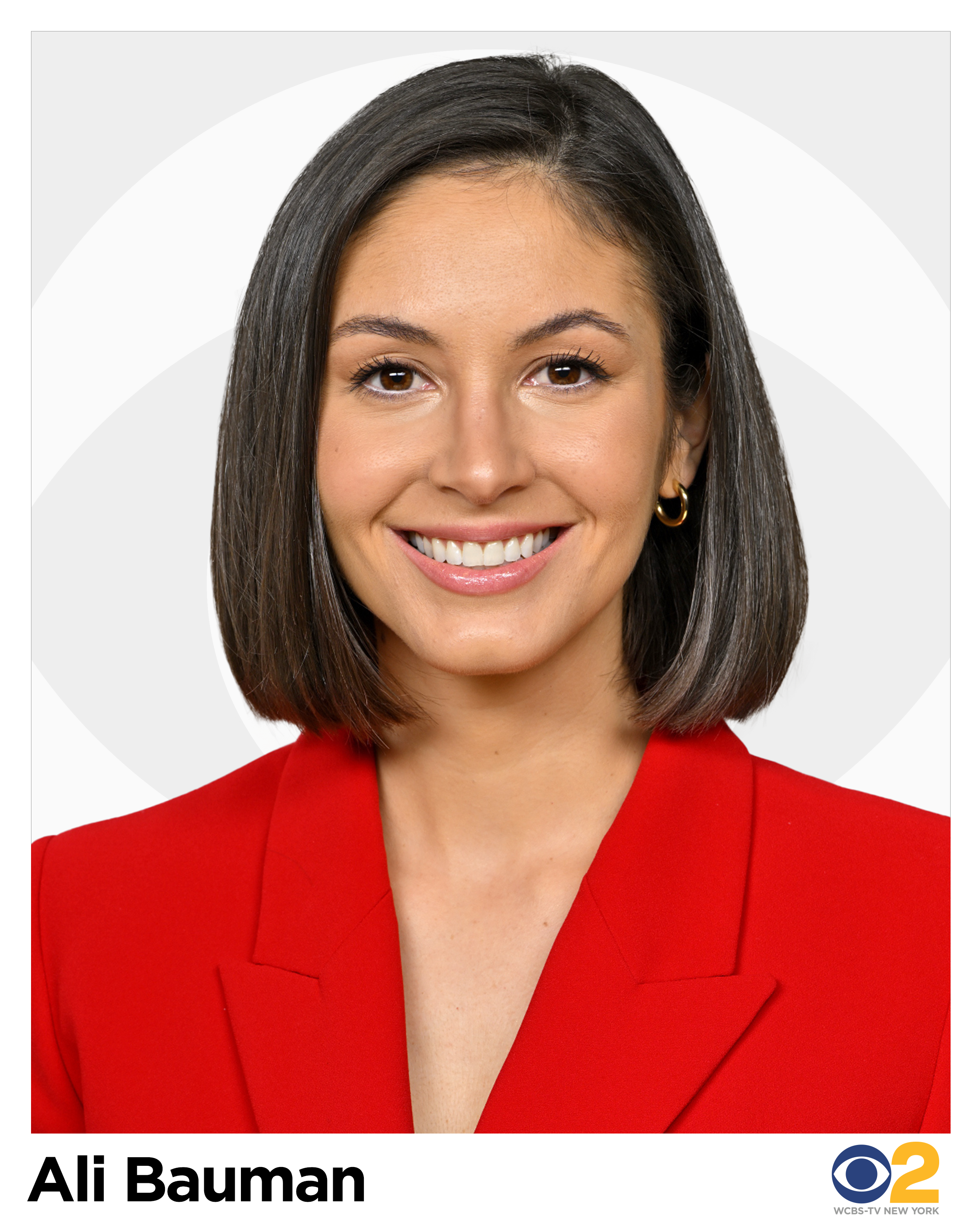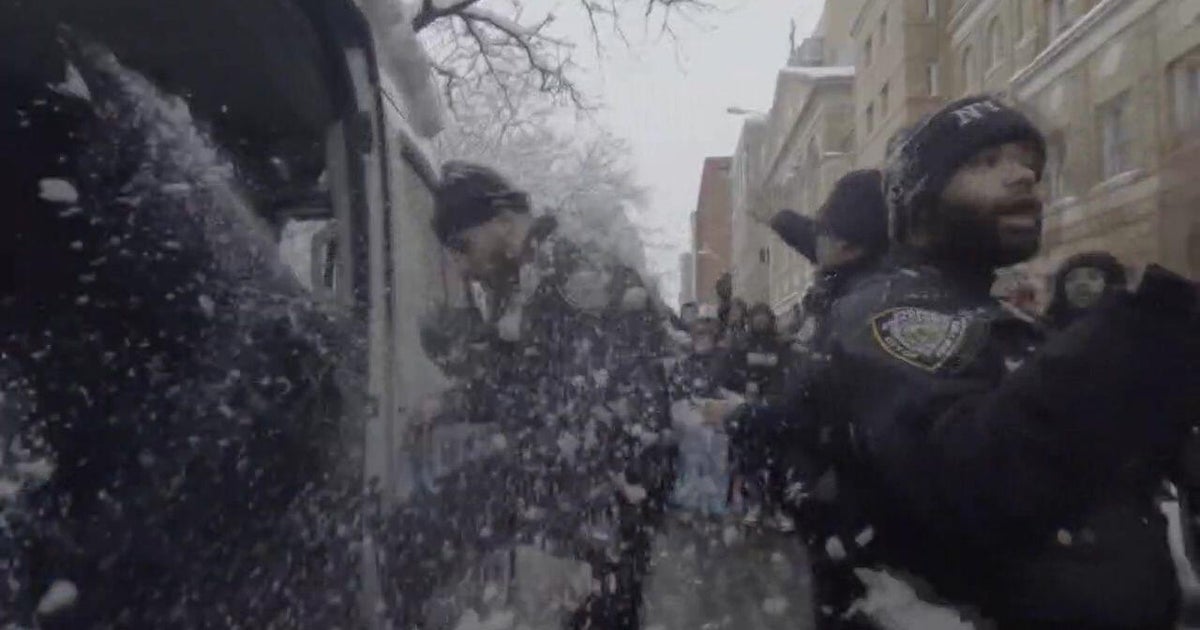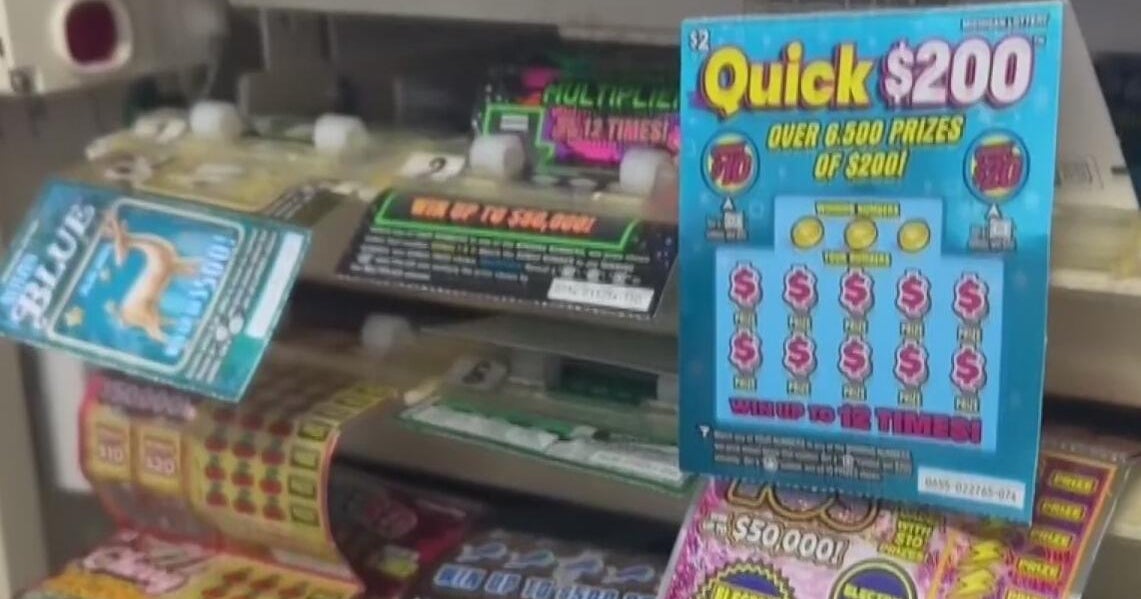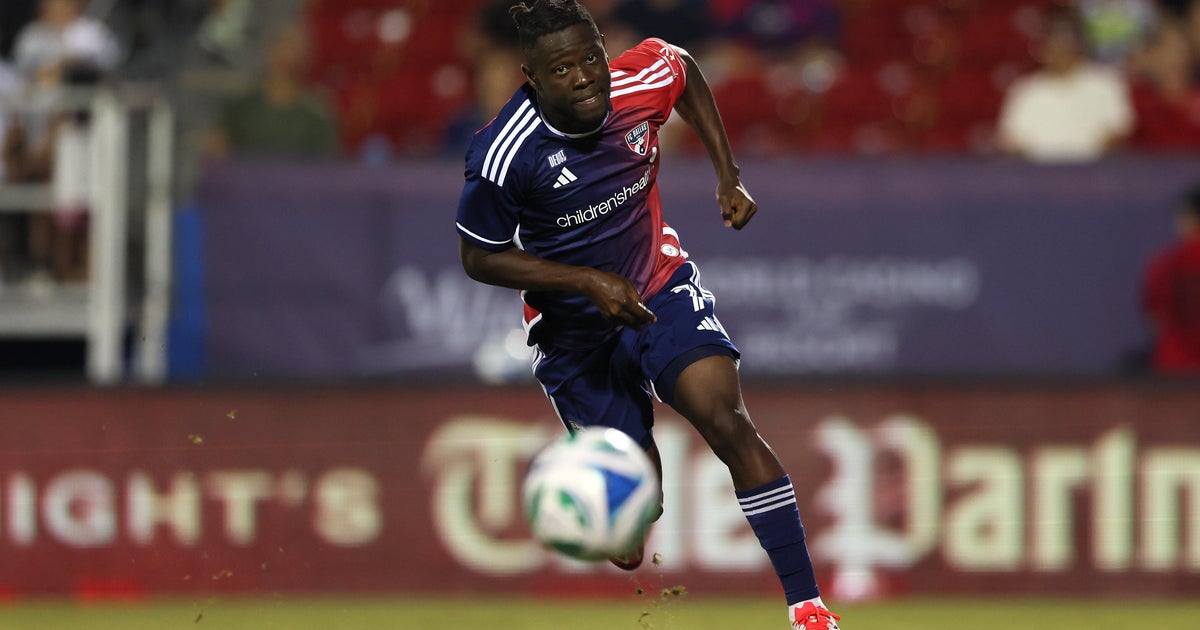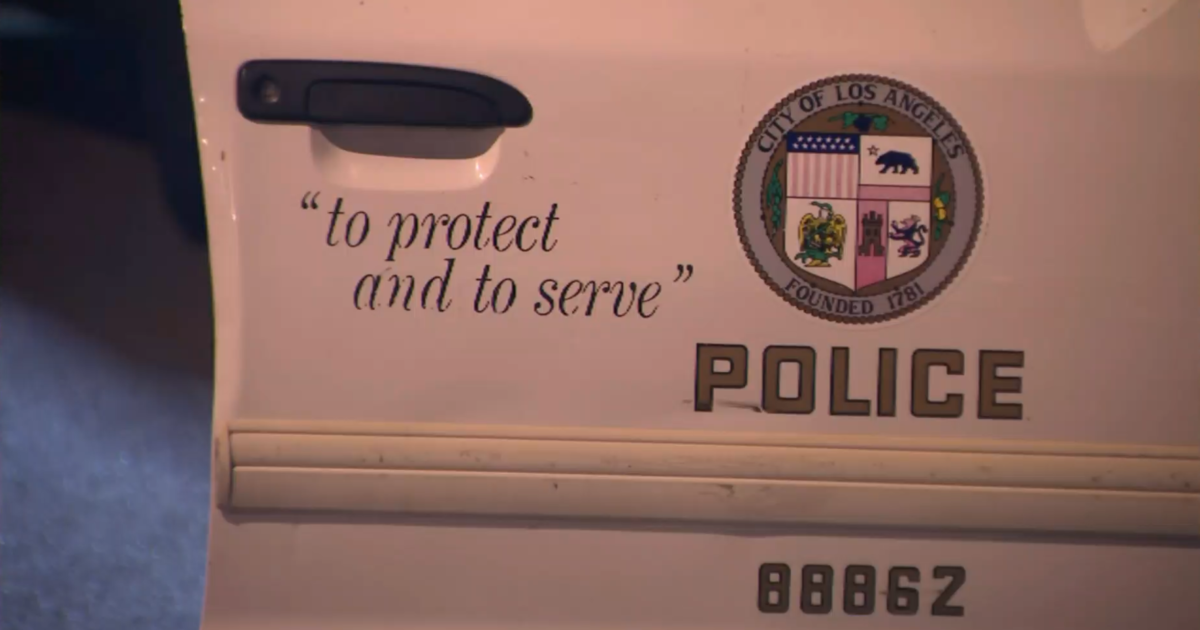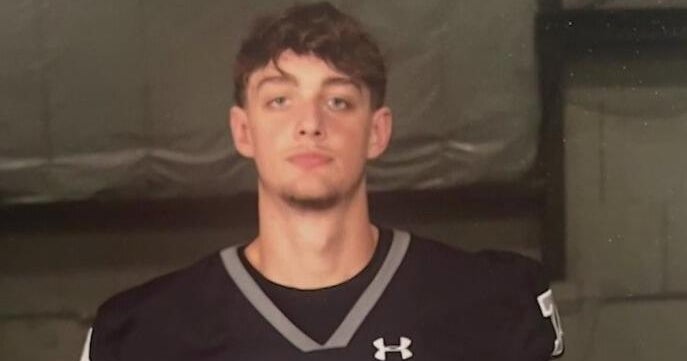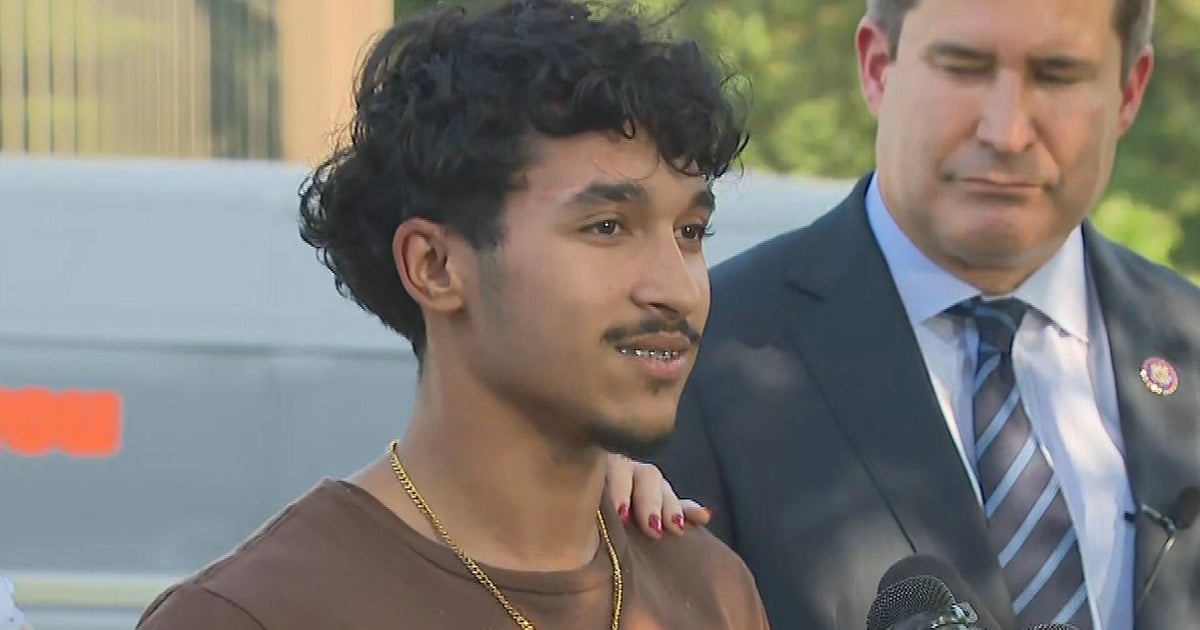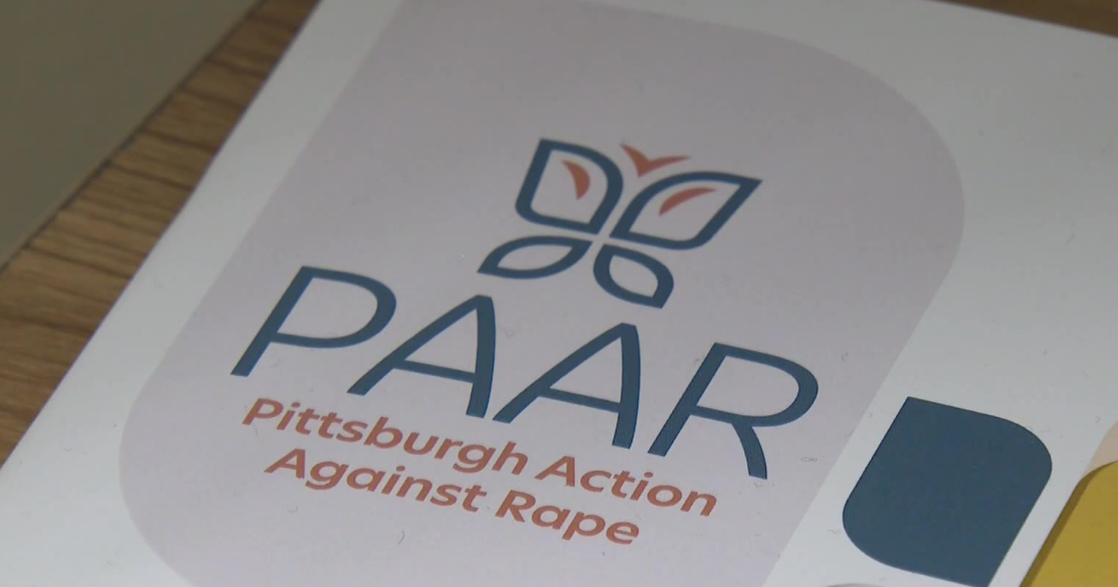CBS New York gets an exclusive look as the NYPD evaluates their response to the Union Square chaos
NEW YORK -- Police are patting themselves on the back for the restraint they showed with the thousands of kids and teenagers wreaking havoc in Union Square earlier this month.
Lessons from past mistakes seemed to pay off, but top leadership believes officers will need a faster response for the next time.
We all saw it play out two weeks ago: thousands of people -- kids -- rioting in Union Square after livestreamer Kai Cenat promised a video game giveaway.
Thursday, CBS New York cameras were in the room exclusively as NYPD top brass evaluated their own department's response.
"We're gonna go over exactly what happened out there from start to finish," NYPD Chief of Department Jeffrey Maddrey said.
"How would you rate the police response to the Union Square incident?" CBS New York's Ali Bauman asked.
"The police response was good. It was very good ... The only way we're going to get better is if we talk about it, learn from our mistakes and train, train, train to get better," Maddrey said.
Maddrey led the after-action review from new angles.
A time lapse shows the crowd grow from 400 to 5,000 in just over an hour. Soon, kids took over the subway station overhang and threw paint cans at cops, who were using plywood as shields.
- Read more: NYPD officers "attacked, crushed, pushed" during chaotic Union Square giveaway, officials say
"It did take a while for cops to get out there, and this is one of the things that we have to work on," Maddrey said.
"We wish that we were able to get resources there quickly," NYPD Assistant Commissioner Kaz Daughtry said.
The NYPD called its highest level of mobilization for Union Square, sending officers from every precinct to the scene. The last time police did that was during the George Floyd protests in 2020.
"George Floyd was a little older adults, but these are children ... We weren't so much hands-on with these youngsters. We're more warnings -- 'don't do that,' 'it's time to move along' -- as opposed to grabbing and cuffing up," Daughtry said.
New York City recently agreed to pay $13 million to protesters who say their civil rights were violated during the 2020 protests.
Police overall were noticeably more restrained in Union Square.
"Do you think that that was an effective strategy?" Bauman asked.
"I think it was. It worked, but I think we can do better," Maddrey said.
The Civilian Complaint Review Board has four open investigations into police conduct at Union Square, including a video of an officer seeming to push someone's head into a taxi so hard it shatters the glass window.
"Our force investigations is reviewing it. We do know that cab, the windows were broken already. The kids were trying to break the windows," Maddrey said.
But that claim is unclear in the video.
- Related story: Kai Cenat breaks silence about Union Square giveaway chaos in Twitch livestream: "I had good intentions"
At the end of the day, police arrested 65 people, mostly juveniles. They're still looking for 16 others.
"So what's the biggest lessons learned for the NYPD going forward from Union Square?" Bauman asked.
"Don't take little giveaways like this for granted because they can magnify into something bigger," Daughtry said.
"Social media is a great tool, but it's a very powerful tool. When it's not used properly, it can be dangerous," Maddrey said.
So what happens from here? The team in that meeting gives its report to the chief of operations, who then makes the final determination on whether specific recommendations from their response will become NYPD policy.
